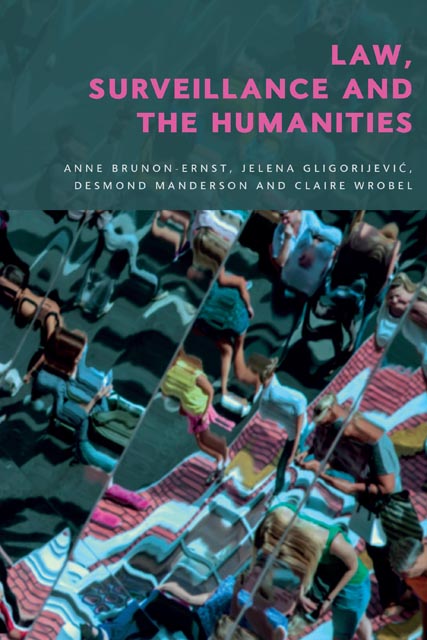7 - Online Undercover Investigations and the Role of Private Third Parties
Published online by Cambridge University Press: 18 November 2023
Summary
I. Introduction
Over the past quarter century, a great deal of crime has migrated from physical space to cyberspace. What was formerly achieved with a can of spray paint can now be engineered with SQL injections and file transfer protocols. Extortion demands, once made face to face, by letter or through a telephone call, can now be made online. Extortion payments, previously delivered in a paper bag or briefcase, can now be accomplished by electronic funds transfer. Sexually explicit images of children, once circulated by hand or purchased in disreputable bookstores, are now reproduced and disseminated instantaneously, in real time. Adults no longer need to lurk near schoolyards to arrange illicit assignations, preferring less obtrusive encounters in chatrooms frequented by young people.
Predictably, a great proportion of criminal investigation has also migrated to cyberspace. Cyber forensics, once an esoteric specialty, is becoming increasingly central to crime control. Law enforcement agencies are scrambling to keep abreast of their criminal adversaries. Accompanying the activities of state agencies are those of private citizens. Just as police in recent years have invited a degree of citizen ‘co-production’ in conventional crime control through initiatives such as Neighbourhood Watch and Crimestoppers, contemporary law enforcement agencies have established online reporting protocols and hotlines. The FBI's Internet Crime Complaints Center (IC3) and the Australian ReportCyber are two examples.
Throughout history, state police have used covert or undercover methods to complement more visible, transparent investigative techniques. The reasons are pragmatic: certain types of activity, such as serious organised crime and complex criminal conspiracies, are less amenable to interdiction by means of overt, conventional police practices.
Undercover policing has been described as a ‘necessary evil’ because of its potential for misuse. By their very nature, covert methods are open to abuse and to the avoidance of accountability. One need look no further than totalitarian states of the twentieth century for grim illustrations. But even in democratic states that present themselves as paragons of governmental accountability and champions of human rights, abuses can and do occur.
Covert policing is by no means the monopoly of state policing and security services. Nor, as the editors of this volume note, is it a uniquely modern phenomenon. Private individuals, members of non-governmental organisations and commercial entities have all engaged in investigation for a variety of motives, including a sense of civic responsibility, moral indignation or commercial gain.
- Type
- Chapter
- Information
- Law, Surveillance and the Humanities , pp. 128 - 150Publisher: Edinburgh University PressPrint publication year: 2023



